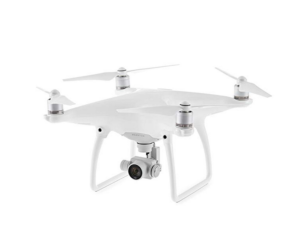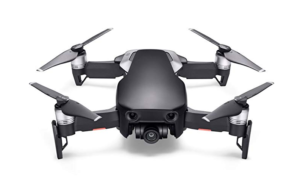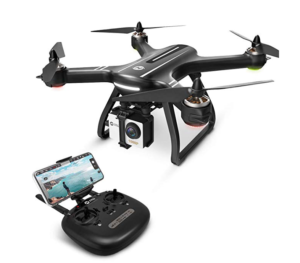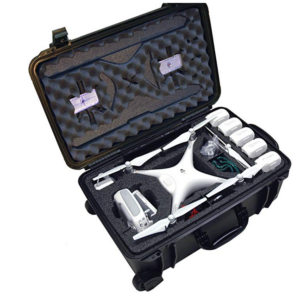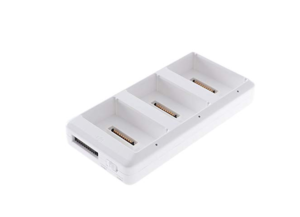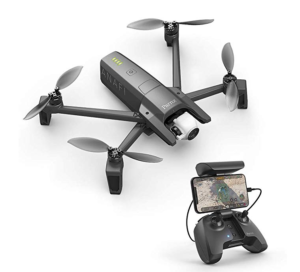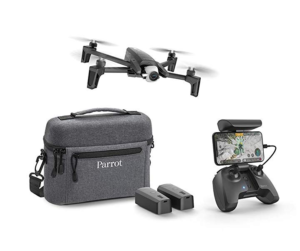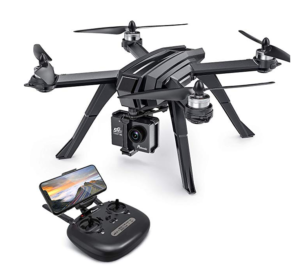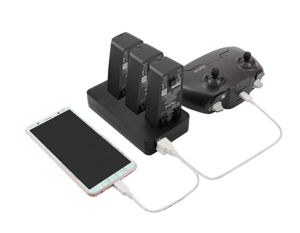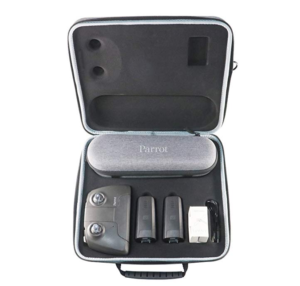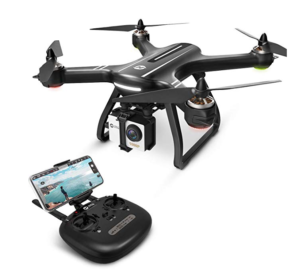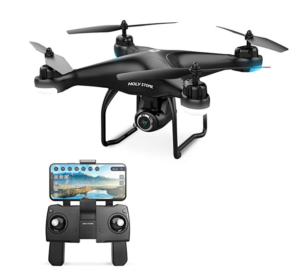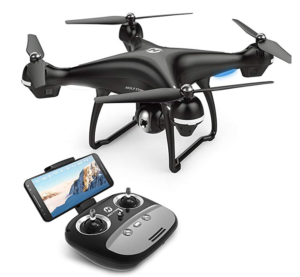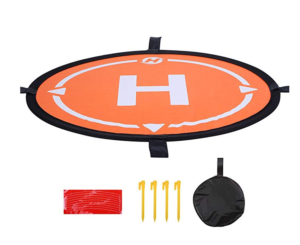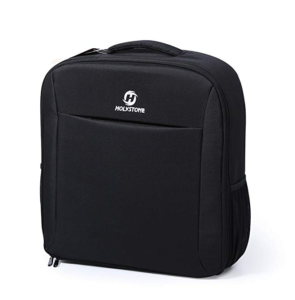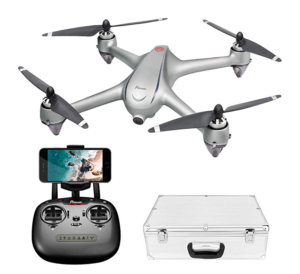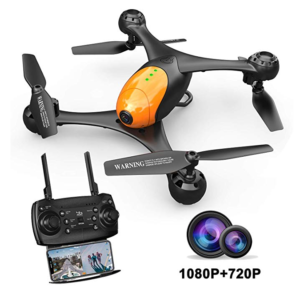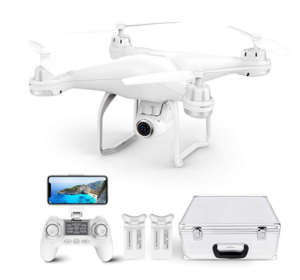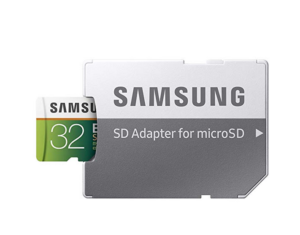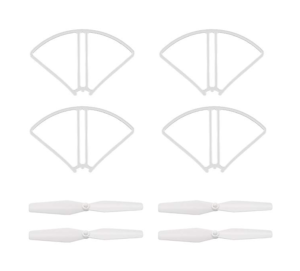Best drones for photography and Video detailed guide for all drone users with features, advantages, disadvantages, and other important factors to consider when purchasing drones.
Over the past few years, the world of media has greatly advanced from the emerging drone photography technology. It has really conquered the idea of using drones to their fullest extent.
Most movies nowadays are shot using quadcopters and other drones. Drone photography idea has given the movie industry a completely new look.
The ability of drones to reach places where reporters are unable to reach has increased their use in the field of journalism. Aerial footage for live broadcasts is also becoming increasingly useful these days.
There are many different activities for drones but aerial photography is most popular. Drone photography is responsible for some of the most impressive shots on Instagram, YouTube, and TV.
While they might seem like toys, a high-quality photography drone is a great investment and an easy way to add production value to a film project or get a unique view of the world for your travel blog.
Here are the best drones for photography and video. From auto-follow to drones for kids’ photography.
Best Drones for Photography and Video
1.DJI Phantom 4 (Version UE) – Drone Quadricoptère avec Caméra
DJI Phantom is one of the best drones for photography and video. The drone has an auto take-off and auto return feature, this feature is made easier by GPS technology which makes it easy to control the drone when taking photos and videos. The best drones for photography and videos should be able to capture high-quality photos and videos. This drone captures 4K High Definition at 30fps, it supports resolutions of 12.0MP (4000 x 3000) photos. The drone has an f/2.8 lens which is credited for clarity, a wider field of view, and crisp photos. Smooth and stable photo sessions are enhanced by both the Gimbal stabilization technology and hover function which enhance clean and smooth photo capture while up there in the air. Once you have your photos and videos, You can use the DJI director software which easily adds music, text, and more. Features
Pros
Cons
Related Products
Frequently bought with
|
||||
Parrot PF728000 Anafi Drone, Foldable Quadcopter Drone
As one of the best drones for photography and videos, this drone comes with the best camera for photography. The camera has an f/2.4 wide-angle ASPH lens, HDR, up to 2.8 times digital zoom for the best 4K videos. You get Full HD/2.7K videos and photos of 21 MP with the best quality. The drone has a timer and a burst mode for capturing 10photos/sec. This Drone offers 25minutes of filmed flight, the performance is enhanced by the intelligent Li-Po battery which charges 60% faster using a Type C charger. The frame is lightweight and compact, it unfolds easily in less than 3 secs and will get to 55km/h while on sport mode. The drone can withstand bullets up to 50km/h. The Parrot Skycontroller 3 folding remote control, makes it easy to locate and fly this drone, You can also activate the drone on your smartphone. Features
Pros
Cons
Related Products
Frequently bought with
|
||||
Holy Stone HS700 FPV Drone with 1080p HD Camera
This is one of the best drones for photography and video on the market, the drone has an advanced 5G 1080P FHD Camera with a 110°field of view. The lens is very effective in providing a panoramic view for perfect recording.The 5G 1300FT transmission makes sure the user gets the best quality real-time video. This drone also offers GPS-assisted flights, with GPS the drone easily hovers and returns home when the signal gets lost and the battery gets low. You get 20 mins flight time and a low power alert when the battery gets low. The batter is a 2800mAh High capacity and intelligent battery. Features
Pros
Cons
Related Products
Frequently bought with
|
||||
Potensic GPS FPV RC Drone, D80 with 1080P Camera Live Video
As one of the best drones for photography and videos this Potensic GPS FPV RC Drone, D80 with 1080P Camera Live Video has some of the best drone features. The drone has a one-button operation for take-off and landing which makes it easy to operate the drone. The headless mode ensures the drone maintains the same direction even when nose nose direction changes. The 1080P camera ensures the real-time WIFI transmission captures quality images and videos even in high speed. This drone has a custom flight path feature for a better flight experience. Entering restricted areas is prevented by the Electric fence feature. Other Features include RC speed up to 40km/hr, Follow Me, FPV Real-Time Transmission, strong Brushless motors, and the Draw a Dot Feature. Features
Pros
Cons
Related Products
Frequently bought with
|
||||
Factors to Consider when Choosing the Best Drones for Photography and Videos
There are various photography drones out there in the market and selecting the best drone to suit your photography needs can be a little bit challenging. Here are some of the factors to consider.
- The type of camera.
The type of drone camera available is one of the major factors you should consider when choosing a drone for photography use. Some models come with their own camera while others will need a product like a GoPro attached to them.
It is best that you select a photography drone that comes with its own built-in camera. Built-in cameras have the advantage of being lighter than other cameras and are often more functional.
A few other considerations to look into include; how many megapixels the camera has, whether or not the camera angle is controllable, the distance of the camera and the video resolution given. as you plan on taking pictures or shooting videos when flying your drone, you will require a quality drone camera that is more suited to your needs.
- Live feed.
Live feed of the video being shot is not available with all drones. Drones for photography that have live feeds are costly but worth every penny. The feed will go over Wi-Fi and can be transferred to a variety of devices.
The live feed will be either given to a computer, tablet, or smartphone it can also be available right on the controller which is the best choice for precise flying. Controllers that have an LCD display will frequently have a feed that is sent which allows you to see what the camera is capturing in real-time.
If you intend to shoot aerial videos at parties or of real estate a live feed may be a crucial factor of all.
There are apps for streaming that enable you to stream the video you are capturing directly on your smartphone, tablet, or computer. These abilities will vary from one drone to the other.
The benefit of streaming to your computer or smartphone is that you are able to capture the video directly with no need for a USB transfer. With no live feed present, the video is stored on an SD card or flash drive. What this means is that precise videos for professional purposes will be virtually impossible to shoot.
- Safety features.
What safety features does the drone have? The major safety features you will find on most drones are collision avoidance and return to home (RTH) functions. Collision features vary relying on drone types. Drones can have forward, sideways, backward, and downward collision avoidance. The best drone contains all the collision avoidance features.
Drones also have the return to home feature where a drone may automatically return home when the battery is low, the GPS connection is lost or when you press the return to the home button. RTH normally is a direct flight path after flying to a pre-set height and avoiding obstacles on its path.
However, in advanced drones, the function can select the best route back home considering the environmental conditions. Drones pilots should not depend on the RTH to get them out of trouble though, as environmental factors need to be considered.
- Controllable range.
The range that you will be able to control the drone is very crucial. Most drones operate within a remote distance of 30m. This is the farthest you will be able to control the drone. Knowing the range of control is important when you intend to take aerial footage because you will need to know the range at which you can control your drone. Generally, the costly models will have a further range available.
- Replacement options.
Just like any other gadget or drone, at one point in time parts will require to be replaced or repaired. Some models will not allow for a simple replacement which means that the drone will become useless if anything breaks.
You should ensure that you get a drone whose parts are replaceable. In addition, replacement parts should be easily installed. You should also consider what type of maintenance, if any, will be required. Oiling the blades is important to keep your drone in good shape.
- Size and weight of the drone.
Drones come in different weights and sizes. You need to consider the following:
- As your drone is a camera gear you will want to take it as carry-on luggage on flights. The larger and heavier the drone means that you will have minimal space for other items.
- Will you require to carry your camera gear, including the drone, for lengthy periods during your travel? If you plan to do a lot of hiking, the heavier the drone and accessories, the more weight you will be carrying which might be tiresome.
- The size of the drone will also determine if you will require a separate bag for the drone and its accessories. Small-sized drones that can fold up can be placed in a camera bag or backpack.
- The weight of the drone will also determine if you will need to get a license to fly it. You should check the laws in your home country to determine if you need to register your drone.
- The heavier the drone, the more power it will require to fly. However, heavier models typically do better when gusts of wind are present.
- Height and speed.
Height and speed of your drone are more of a personal preference that has to be tailored to the user’s specific needs. If you have a drone that is meant for capturing live-action video during a certain game, let’s say a baseball game, you may require to reach a height of about 300 feet in order to capture the entire baseball field.
The speed of the drone is also another consideration. Most times, the speed of a drone will be between 10 to 15 miles per hour. The speed of your drone is confined to the range of your controller. Speed will be a consideration if you need to capture a video of sports games such as soccer, or if you want to capture your kid as they run through the yard while shooting a family video.
- Battery life.
The battery life of your drone is also an important factor you should pay attention to. The last thing you would want is your drone to be dead within minutes of use. Consider how long the batteries take to charge once they are depleted.
Keep in mind that most batteries take 2 hours to recharge. Consider how long the drones can fly before needing to be grounded and recharged. Also, consider how long your battery will last before buying and whether a spare battery can be used when a battery has died and how easily available the replacement is.
One factor that determines the longevity of your battery is how the camera is being charged. Most times, drone cameras have their own batteries that they use to operate therefore extending the flight time of your drone greatly.
FAQs
- Does weather affect the ability of your drone’s camera to shoot?
Yes. Photography drones are filled with sensitive electronics. If there is rain or snow, you can’t fly the drone. Winds above 12mph are problematic, not only for highly stable video but also for flight.
- Can you be able to control the camera from the ground?
Yes. You can be able to adjust the tilt, pan, and roll and see the image on the ground monitor in order to get the best shots.
- Can one see what is being filmed?
Yes. It is possible to stream the aerial drone footage in real-time to the pilot’s remote controller which enable the client on the ground to see what the aerial camera is capturing.
- What if the drone gets out of sight?
You may be shooting a video outdoors and your drone happens to get out of sight. If this happens, it will automatically get into the return to land mode. This means that the drone will get back to where it began.
- Is learning how to fly a drone difficult?
The difficult level of learning how to fly a drone differs depending on the person and what drone type they are flying. For instance, if a person has great sensorimotor skills and hand-eye coordination, then learning how to fly the drone will be simple for them.in addition learning how to fly a high-end drone might be simpler than learning to fly a cheap one. This is because the high-end drones normally have many built-in flight assistance features.
Advantages
- Simple to change settings.
With drone camera, you will be able to make some important changes to the camera settings while the drone is still flying especially if you have a first-person view camera. Without having to bring down the drone to make changes to the settings, you can simply do that when the drone is 500 feet above the ground. This gives you independence as well as saves you valuable time.
- Increase value to the quality of work.
Having a camera attached to your drone is essential as it allows you to do more work than if you didn’t have one. Unlike other aerial systems, drones with cameras allow you to shoot important videos and capture images from high above the ground. This is achievable at a much lower cost than if you had to collect data using a helicopter.
- Autonomous view.
Drone cameras give you the privilege of seeing where you are flying to without the need to physically look at the drone. You don’t have to keep looking up as this might have a negative effect on your vision especially if you have to look directly at the sun when looking at your drone.
- Safety
Safety is one crucial factor to consider when shooting videos or capturing pictures. Drones are able to fly high and reach places where it is very risky for people to reach.
- Versatility
Drones can be used at places where it is not feasible to use helicopters, people, or even airplanes. Drones are also able to fly close to buildings and take images from a closer view.
Disadvantages
- Requires expertise.
Taking photos and videos from above the ground using a drone camera requires some level of expertise and experience. There are too many obstructions when taking photos from high up in the ground which include cloud shadows and wind. An expert is needed who will be able to get the best shot.
- Limited flexibility.
A drone camera usually comes attached to the drone which limits its focal length. This makes it difficult to zoom in or out an object in order to capture high-quality images. You may end up getting poor footage or pictures especially if you are using a drone camera with a low shooting range.
Conclusion
Drone cameras are here to stay. With technological advancements happening day in and day out, the problem we face today will be addressed with future technology that will ensure that drones are fitted with cameras that are self-sufficient in regard to capture and settings.
For now, let’s enjoy the drones for photography present.
See Also: Best Drones for Beginners

